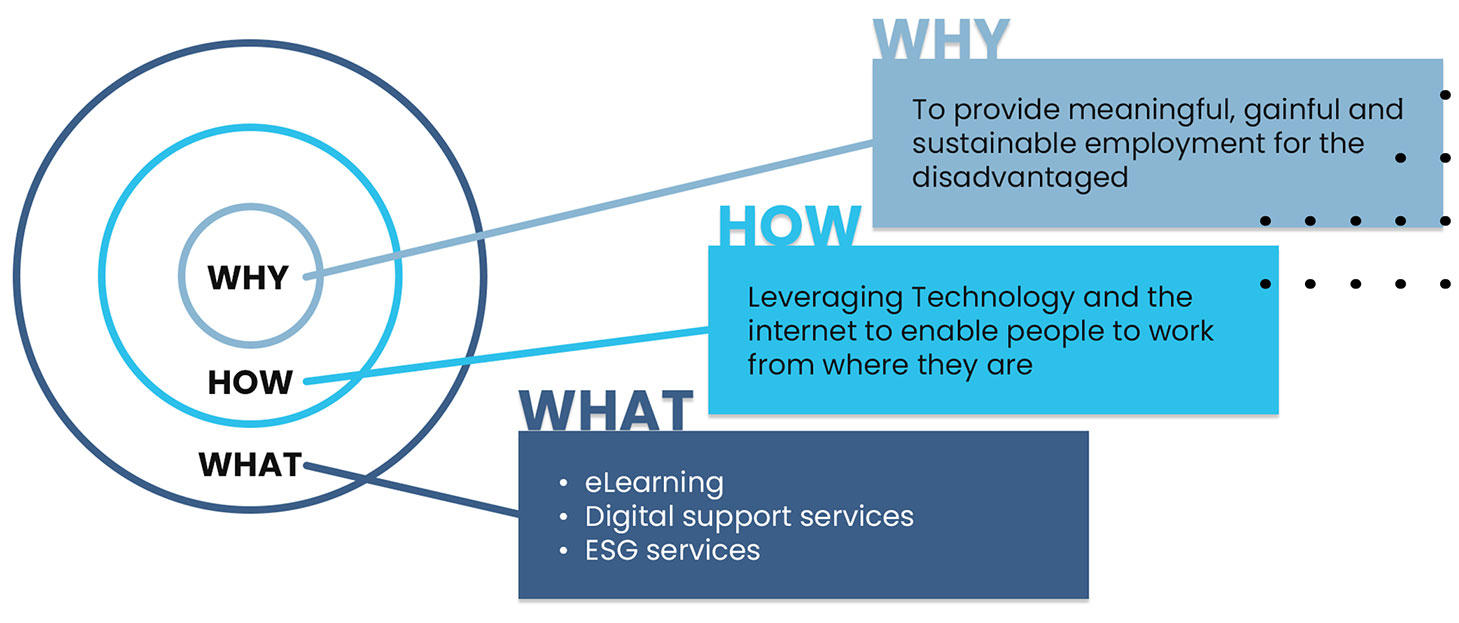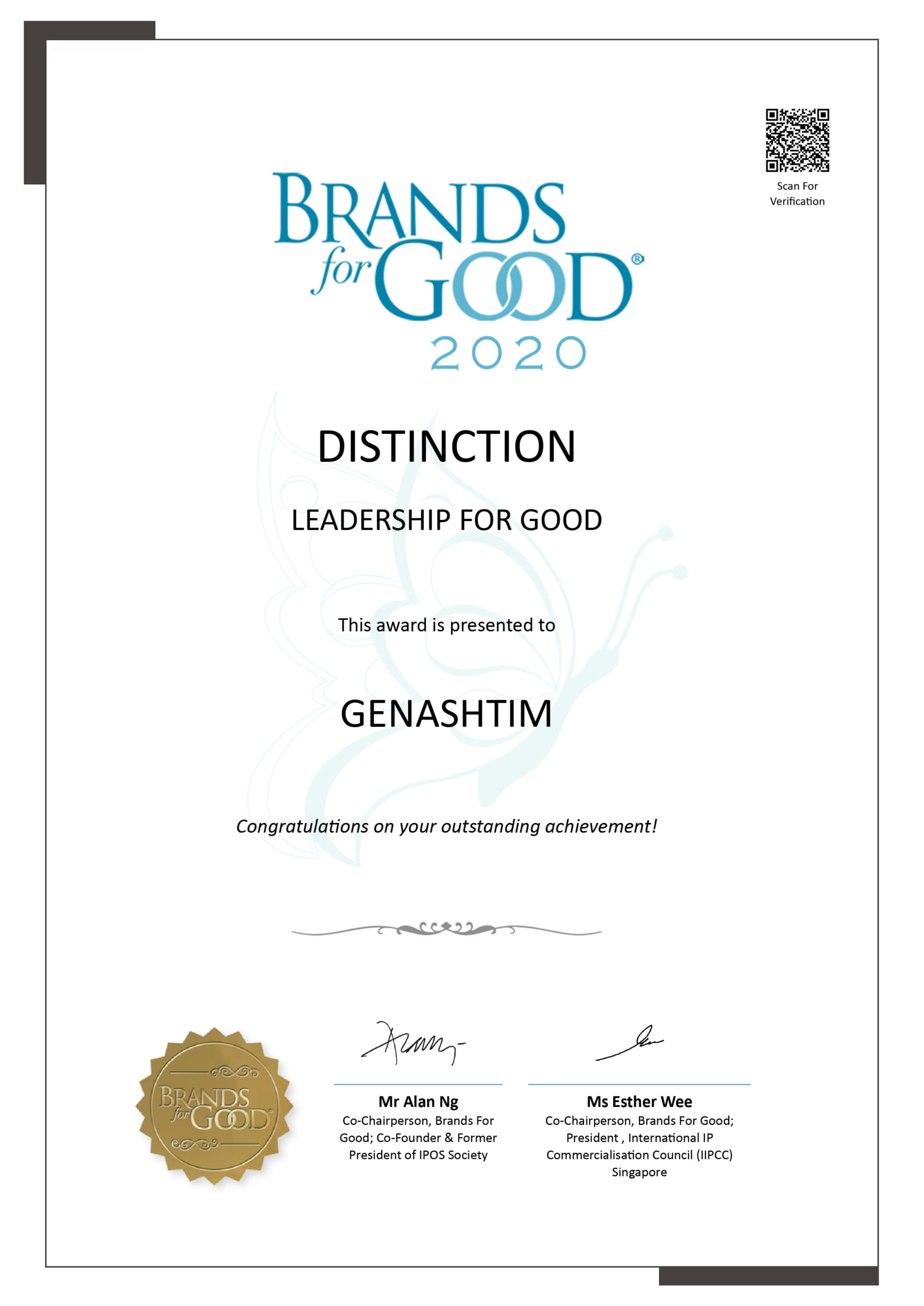Embracing The Evolution Of Work In The Age Of Innovation

The 2020s once seemed like a distant, almost mythical era, filled with science fiction marvels like flying cars, time machines, advanced robots, and cities in the clouds. But when 2020 arrived, reality hit us like a wrecking ball. Instead of welcoming us with super-tech cities, the decade began with a global pandemic and widespread shutdowns. At that time, many of us feared the worst, feeling as if we were regressing rather than progressing toward a wondrous future.
Nowadays, if you ask anyone, most would say they’ve lost their sense of time since 2020. To put things in perspective, we’re already in the fifth year of the 2020s, nearly halfway through this once far-off decade that held such high hopes.
However, on the bright side, at least one of the hopes for the 2020s came true last year when OpenAI introduced its assistive chatbot, ChatGPT. Since then, AI has exploded with new inventions and assistive AI technologies have been introduced continuously. These technological innovations have elicited mixed responses—some people fear an AI takeover, while others see it as an incredible opportunity for new advancements.
It can’t be denied that the recent advent of technology has reshaped every aspect of our lives, and work culture is no exception. Our attitude towards work is poised to change further with future tools like blockchain, the metaverse, augmented reality (AR), and virtual reality (VR).
The Rise of Remote Work
Remote work isn’t a new concept, but its adoption skyrocketed due to the COVID-19 pandemic. Companies and employees quickly adapted to new tools and platforms that facilitated working from home. This shift demonstrated that many jobs can be performed just as efficiently, if not more so, outside traditional office settings. Remote work, once frowned upon and considered a privilege, has now become a mainstream mode of working, thanks to necessity aligning with technological advancements.
With remote work accentuated by technological innovations, the future of work is transforming right before our eyes. Some advanced technologies that can revolutionize remote work and how we work include:
1. Blockchain: Enhancing Security and Transparency
One of the pivotal technologies set to revolutionize work culture is blockchain. Known primarily for its role in cryptocurrency, blockchain offers decentralized and secure data storage solutions.
For remote companies, this means enhanced security for sensitive data and transparent record-keeping for tasks and transactions.
Key Benefits of Blockchain in Remote Work:
- Secure Transactions:
Ensures that all transactions and communications are encrypted and tamper-proof. - Smart Contracts:
Automates contractual agreements, ensuring that terms are met before transactions are completed, reducing the need for intermediaries. - Decentralized Storage:
Protects against data breaches by storing information across a network of computers rather than in a single location.
2. The Metaverse: A New Dimension of Collaboration
I first encountered the metaverse in the dystopian TV series, Black Mirror, which explores the potential consequences of technological advances. Although Black Mirror’s depiction of it is quite bleak, the metaverse can offer tremendous opportunities if used responsibly.
The metaverse is one of the most anticipated technologies of the future, with passionate gamers eagerly waiting for it to be perfected. Major tech companies like Meta (formerly Facebook), Microsoft, and Google are investing heavily in its development. The metaverse is set to revolutionize not only the gaming world but also education, remote work, social networking, and e-commerce.
Although still in its infancy, the metaverse is a digital reality where users can interact within a computer-generated environment. It represents the next evolution of the internet, combining elements of social media, online gaming, and augmented and virtual reality. Another group eagerly anticipating its development is remote workers and companies. For remote work, the metaverse offers immersive collaboration spaces that go beyond current video conferencing tools.
How the Metaverse Will Transform Remote Work:
- Virtual Offices:
Teams can meet in virtual spaces designed to replicate physical office environments, fostering a sense of presence and community. - Interactive Workspaces:
Allows for interactive and collaborative work on projects in real-time, with 3D models and virtual whiteboards. - Networking Opportunities:
Provides a platform for virtual networking events and conferences, making it easier to connect with industry peers globally.
3. AR and VR Applications in Remote Work:
With the help of Augmented Reality (AR) and Virtual Reality (VR) technologies, remote work experiences can be enhanced. AR overlays digital information onto the physical world, while VR offers a fully immersive digital environment. Both technologies have the potential to make remote work more interactive and engaging.
- Training and Simulation:
VR can be used for immersive training programs, allowing employees to practice skills in a simulation before applying them in real life. - Virtual Meetings:
VR can create a more engaging and realistic meeting experience, making participants feel as if they are in the same room. - AR-enhanced Productivity:
AR can provide real-time data and visual aids, improving efficiency and accuracy.
Shifting Attitudes Toward Work Culture
As remote work continues to evolve alongside technology, it is bringing a shift in our attitudes toward work culture. Traditional notions of a 9 to 5 job in a centralized office are being strongly criticized and challenged. The flexibility and autonomy offered by remote work call for a reevaluation of work-life balance and productivity.
Some of the reasons remote work has become the preferred mode of work for many are:
- Flexibility:
Employees have more control over their work schedules, allowing for a better balance between personal and professional life. - Global Talent Pool:
Companies are no longer limited by geographic location when hiring, leading to the hiring of the most suitable candidates. - Performance Over Presence:
There is a growing emphasis on outcomes and performance rather than physical presence in the office.
- Diversity and Inclusion:
Remote work promotes diversity and inclusion by offering opportunities to disadvantaged individuals who may encounter obstacles in traditional employment setups, ensuring a more equitable workplace.
Conclusion
The anticipated integration of blockchain, the metaverse, AR, and VR into remote work isn’t merely a technological advancement; it signifies a profound shift in our perception and interaction with work. These innovations hold the promise of forging a more secure, efficient, and immersive work environment, thereby reshaping our work culture. As we embrace these transformations, the horizon of work appears more flexible, inclusive, and dynamic than ever before.
Genashtim stands as one of the pioneers of remote work, born with a vision to leverage technology to connect disadvantaged groups across the globe. The company serves as a testament to the notion that by harmonizing profitability with responsibility, a business can emerge as a catalyst for positive societal change.
However, while these technologies bring remarkable advancements, they also carry their share of concerns, ranging from environmental impacts to potential overindulgence. Such apprehensions are not unfounded. Additionally, dystopian TV shows like Black Mirror and Westworld have portrayed a less-than-optimistic view of a future dominated by technology.
Nonetheless, it’s crucial to remember that dystopian media serves not to extinguish hope for the future, but rather to warn us of potential pitfalls. With appropriate regulations in place, such as utilizing renewable energy sources to power these vast technological marvels, and with both corporations and governments ensuring ethical and socially responsible application, we can finally step into the future envisioned by the optimistic forecasts of the 80s or 90s.
In summary, technology is not merely a tool impacting singular aspects of life like remote work; it’s a catalyst for a revolution poised to redefine how we perceive everything from education to work to leisure activities. The ongoing advancements in blockchain, the metaverse, AR, and VR are set to redefine the boundaries of the workplace, making remote work more accessible, secure, and engaging than ever before. The future of work is here, and it’s brimming with excitement and possibilities.

















































































































